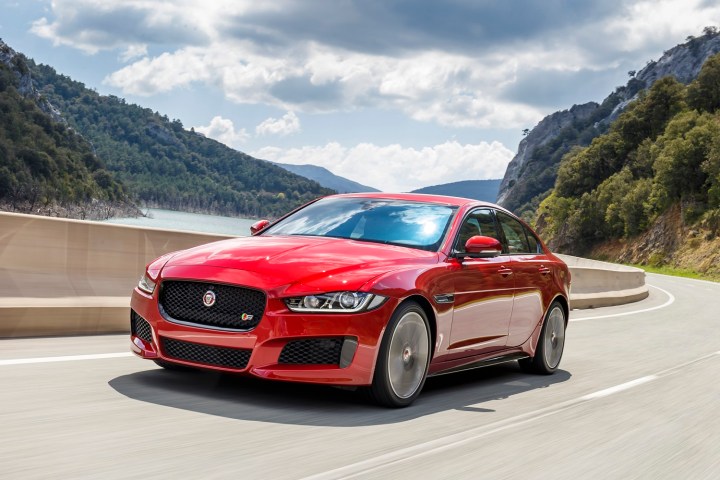
“This investment will support Lyft’s expansion and technology plans,” a JLR press release said. Through InMotion, JLR also plans to use the Lyft connection to test mobility services that may include autonomous cars. The automaker will also provide Jaguar and Land Rover vehicles to Lyft drivers.
Lyft is already engaged in a similar partnership with General Motors. The Detroit automaker invested $500 million in Lyft last year. GM’s Maven mobility division also has multiple programs that provide low-cost car rentals to Lyft drivers. It recently expanded those rentals to Uber and certain other services that use freelance drivers.
JLR launched InMotion last year to focus on sharing services, self-driving cars, and other technologies and trends the automaker believes will be relevant in the future. While still a part of JLR, the automaker set up InMotion to function relatively independently, hoping to imbue it with the character of a startup. JLR has conducted tests of self-driving cars, although it appears more interested in semi-autonomous systems that assist the driver, rather than full autonomy.
Based on the number of partnerships it’s starting, Lyft seems pretty serious about self-driving cars. The company recently signed deals with Waymo and Boston-based startup NuTonomy, which will actually start giving Lyft customers rides in self-driving cars in Beantown later this year. In theory, Lyft could also benefit from GM’s self-driving cars research, which is being conducted by the automaker’s Cruise Automation subsidiary.
When it comes to developing self-driving cars, partnerships seem to be the way to go. In addition to Lyft’s multiple deals, Uber has a relationship with Volvo, Waymo is working with Fiat Chrysler Automobiles, and BMW, Intel, Mobileye, and Delphi comprise a single team.
Editors' Recommendations
- Lyft’s driverless cars are back on the streets of California
- Lyft’s self-driving car-testing program is racking up the miles
- BlackBerry will provide cybersecurity for future Jaguar Land Rover vehicles
- Jaguar Land Rover built an A.I.-equipped car that responds to the driver’s mood
- Waymo at last fires up the self-driving smarts of the Jaguar I-Pace


